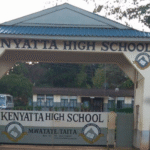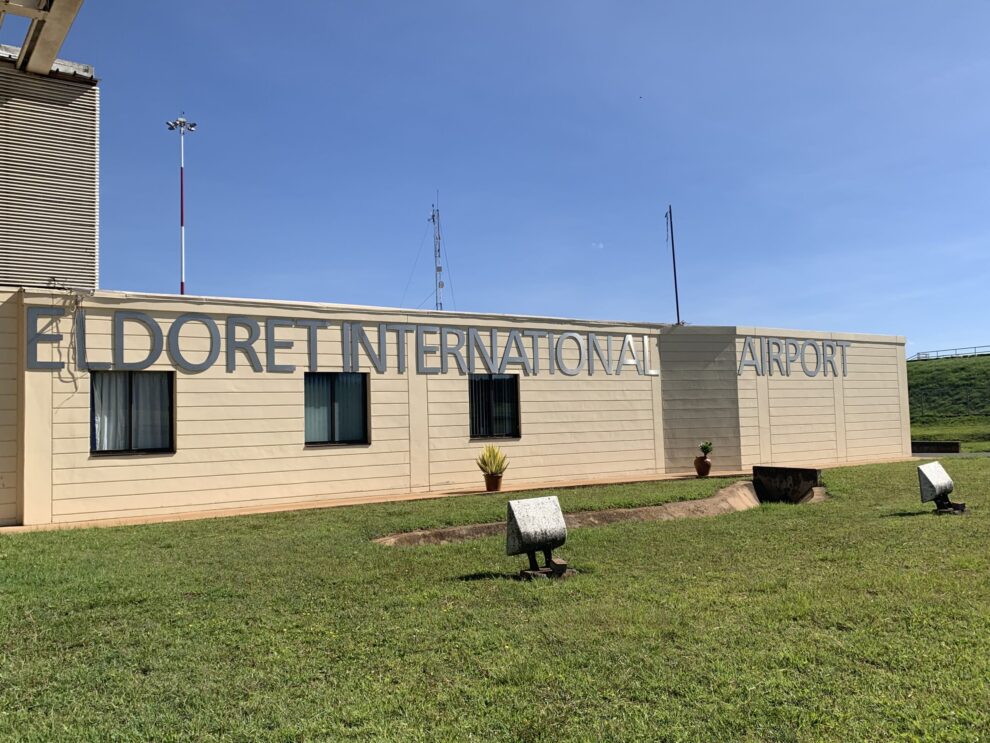The seizure of smartphones at Eldoret International Airport has raised deeper questions about the scale of tax evasion taking place at Kenyan ports of entry. While the Kenya Revenue Authority (KRA) issued a press statement confirming that 21,600 smartphones worth Sh16 million in taxes were intercepted from a cargo plane that landed on September 18, many believe this is only a fraction of the problem.
The incident comes just weeks after a Sh150 million rice scandal was exposed at the port of Mombasa, further highlighting how cartels continue to exploit weak systems to rob the country of billions in taxes.Insiders at Eldoret International Airport have revealed that more than 100 containers remain on standby for release, half of which contain high-end mobile phones.
“If they were serious about this issue, they will stop it,” one insider said, claiming that other ports of entry are also involved. Importers who want fair business practices argue that the airport has been turned into a hub of smuggling, with a few powerful traders colluding with officials to evade tax.
The system is described as one where goods are concealed, under-declared, or recorded in quantities far below the actual numbers being imported.
In the most recent case, KRA admitted that only 5,000 smartphones worth Sh6.4 million were declared, alongside cheaper goods, while the bulk of the consignment remained hidden. Data from sources paints an even clearer picture of how far-reaching the racket is.
For example, in one instance only 4,000 out of 200,000 imported phones were taxed. In another, just 300 out of 15,000 were taxed. Last week alone, seven flights brought in shipments of smartphones, but the numbers declared were a small fraction of what was actually carried.
One flight carrying 133,000 smartphones declared only 3,000, while another carrying 9,000 declared none.
KRA is accused of collecting only Sh19 million from what should have been Sh250 million worth of tax.
When calculated weekly, the government is losing around Sh250 million, which adds up to Sh1 billion monthly and Sh12 billion annually. This loss surpasses what ordinary Kenyans are deducted through the controversial Affordable Housing Levy, making the issue even more sensitive.
To make matters worse, the goods eventually end up in Nairobi’s Luthuli Avenue, flooding the market and undercutting legitimate traders who cannot compete with the black-market prices.
Cartels involved are said to have direct links with powerful figures in government who shield the racket from scrutiny. Customs officials, who should be protecting public revenue, are reportedly compromised and forced to look the other way in exchange for bribes.
The problem has become so entrenched that even senior positions at KRA, including the Customs and Border Control Commissioner, are believed to be influenced by the same cartels.
Kenyan taxpayers continue to struggle with rising living costs and heavy deductions, the cartels thrive unchecked.
Traders who want to operate legitimately are calling on President William Ruto to direct KRA Commissioner General Humphrey Wattanga to dismantle the cartels and restore fairness in the business environment.
“Unless the President has accepted this country to be run by cartels,” one businessman stated, underscoring the frustration of many who feel the government is either unwilling or unable to act against the powerful networks behind the smuggling.





















Add Comment